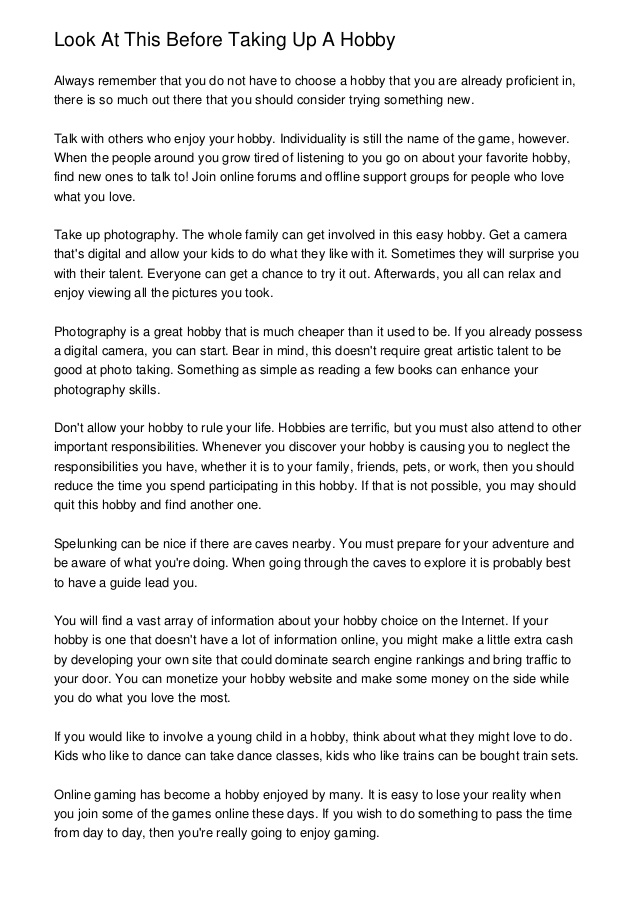The best moment of your life is always now. Yesterday has arrived and the future does not yet exist, so breathe, breathe and open this gaze located in the center of your heart, take the time to love and love you as you deserve, time to reflect and feel the warm affection of this gift that will never be repeated.
William James, a famous philosopher and psychologist specializing in mental health, wrote about the perception of time in one of his books: “Psychology: The Briefer Course,” in this he explained to us a fact that will be familiar to many: As we age, we have a clear sense that time passes much faster, it’s almost like an ephemeral flicker, something special and even scary.
- According to James.
- It’s mainly because as you get older.
- Things that are as memorable as in those years of youth.
- Where everything is new (this first love.
- This journey.
- This job.
- A new home.
- A new son).
- Besides.
- Life sometimes.
- Whether we like it or not.
- Becomes a little more routine.
- Our daily lives are recorded in a slow and repetitive movement in which we see.
- Do and experience the same things.
- The same facts.
Gradually the brain, without significant stimuli, enters a destructive spiral in which our brain chemistry changes, this is where memory begins to fail and the consciousness of time becomes imprecise, something that could certainly be easily avoided, if we could propose new approaches to the cinema of our lives.
It would be enough to break the routines, to get out of this existential haze to cling to the present and feed it with significant events. It’s easier than it sounds: we suggest you think about it.
We’ve all heard of mindfulness. This approach has been successfully applied in clinical psychology in recent years, with the aim of self-regulating attention, accepting the present and, in turn, expanding our field of action so that we can act more creatively, in harmony with our values.
But there’s an interesting aspect to know about this topic: it doesn’t work for everyone and it’s not as easy to apply as it seems at first, but in addition to clinical reach, many people want to start practicing mindfulness and gradually realize that it’s not for them that they can’t integrate these methods or value this approach to life.
This is because our brain has a strange conception of time, or rather, of the present. Bob Nease is a social scientist and systems engineer very interested in the human mind. With his book “The Power of the Fifty Bits,” he explained that our brain is designed to keep the focus on a specific aspect, in one spotlight. Our senses, our instincts, do not understand the present, the future or the past, they only understand survival.
The human mind lives suspended in autopilot mode, tending to focus on several stimuli at once to face risks, to ensure our safety. Focusing our attention on a few stimuli would mean neglecting others that the brain considers important. So it’s good to train your take care to convince yourself that “everything is fine” and that “everything is calm”.
I’m sure you’ve often heard the classic phrase: “Shut up, get out of your routine and dare to live here and now. “This classic phrase from the self-help manual, as we already know, has some nuances We cannot escape our routines, we are all obliged to stick to certain schedules, to perform activities that are part of this engine that drives and shapes our lives.
However, it would be much better to be able to make sense of these routines, learn to synchronize with the present in a more authentic and complete way. Sociologist Zygmunt Bauman, for example, describes today’s society as a liquid entity where nothing lasts where everything is thrown away or exchanged, yet more than a liquid universe, we have become a country of polyhedric peoples.
Multitasking, doing an activity thinking about three things at once, or our need to please others before doing our own will makes us erratic creatures who have forgotten where to find this perfect balance point: here and now, our gift.
We will learn to synchronize obligations with needs, leisure with duties to gradually configure a happiness without fears, a present without the bitterness of the past and free from the anxieties of the future. Let’s give a gift to those who love us the most this tribute. not sold or purchased: TIME.

